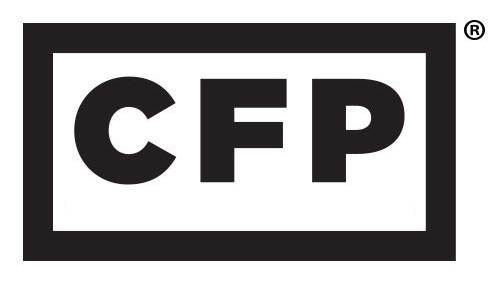
Free 15-Min Call with an Advisor (*Optional)

Free 15-Min Call with an Advisor (*Optional)




Continued Management and Coaching Services

Evan Barnard, CFP®, EA has been educating private investors and business owners on the basic, yet vital, principles that must be present in any sound financial situation since 1991. Mr. Barnard began his career in the financial services industry as a consultant to owners of expanding small and medium sized businesses throughout the western United States and Canada, helping them regain financial control of their companies.
In a desire to develop long-term relationships with his clients, as well as spend more time with his family, he transitioned into a private financial planning practice with American Express Financial Advisors, Inc. In 1998, after becoming disillusioned with the traditional brokerage industry and wanting to expand the range of services he could provide his clients, Evan walked away from American Express and a team practice managing approximately $85 million and started over working as a financial coach to his clients. He has lectured at numerous schools and businesses on investing and tax strategies, is a past contributor to both industry and non-industry publications and has served as adjunct faculty in corporate finance at Indiana University. When he joined Paul Winkler, Inc. his firm had offices in Dayton, Ohio and Richmond, Indiana serving clients in California, Indiana, Ohio, Pennsylvania, Georgia, Florida and Montana.
Evan Barnard grew up in Texas and California. After graduating high school he enlisted in the Marine Corps infantry and then attended Texas A & M University on an NROTC scholarship. He received his BBA in Management and returned to the Marine Corps where he served six years as an infantry officer. He and his wife, Cindy, reside in Williamson County and they have twin sons (Justin and Jordan) and a daughter (Heather).

Daniel Hill, CFP® entered the financial services industry in 1998. He is a 1978 graduate of The College of William and Mary School of Business Administration and holds the professional designation of CERTIFIED FINANCIAL PLANNER™.
Dan has also been awarded the Accredited Investment Fiduciary® (AIF®) designation from Fiduciary360 (fi360). The AIF® designation signifies a thorough knowledge of the ability to apply practices that meet the fiduciary standard of care for investors.
Dan and his wife, Susan, have been married since 1980 and are the proud parents of two children, Derek and Brett.

The law requires a fiduciary advisor to act in the best interest of their clients.
This is not actually required of everyone who calls themselves a financial advisor. Most big financial firms are broker-dealers, and they are held to a “suitability” standard. This means the recommendations need only be “suitable,” but not necessarily in the best interest of the client.
Fee-only RIAs (Registered Investment Advisors)—like us at Paul Winkler, Inc.—are held to the highest fiduciary duty.
Working with an advisor held to the fiduciary standard is essential. It’s one of the keys to relaxing about money.
The more you make, the more we make. Under commissions, the return of the product doesn’t matter after the advisor makes the sale.

Advisors on commission get paid only if a product is sold. With fee-only, we don’t get paid differently based on different recommendations.
With ongoing investment management and a financial plan, you must continually review and update the plan as life situations change.


Believe it or not, financial planning degrees are not a requirement for financial advisors in the U.S.
You wouldn’t go to a doctor without an M.D. or a lawyer without a J.D., but many don’t realize they’re going to a financial advisor without a financial planning degree.
The CFP® and the ChFC® both have core curriculums that cover every major aspect of personal finance.
This knowledge allows an advisor to put a comprehensive plan together.
A financial plan should address every area of your finances because each area affects the others. Your estate plan affects the tax strategies you use, and your risk management affects the investment strategies, etc.
Financial planning areas should not be addressed in isolation.
So, you must work with someone who has knowledge and experience in each topic.
This knowledge also allows the advisor to be the quarterback of the financial team. With knowledge in every area of financial planning, they are able to put a comprehensive plan together and coordinate with other financial professionals.
A qualified advisor can work with CPAs, insurance agents, and attorneys to utilize their areas of specialization while also ensuring their recommendations meet the needs of the client.
Much financial planning today is narrowly focused on one area of the financial plan.
Insurance agents, for example, sometimes offer “financial planning” that involves buying one-size-fits-all life insurance products to meet all your financial needs. But that’s not the way financial planning should be.
Financial planning should be comprehensive, and should almost always include more than one recommendation and strategy.
A financial planning degree is essential for comprehensive planning, which is why we require all our advisors who meet with clients to have them.